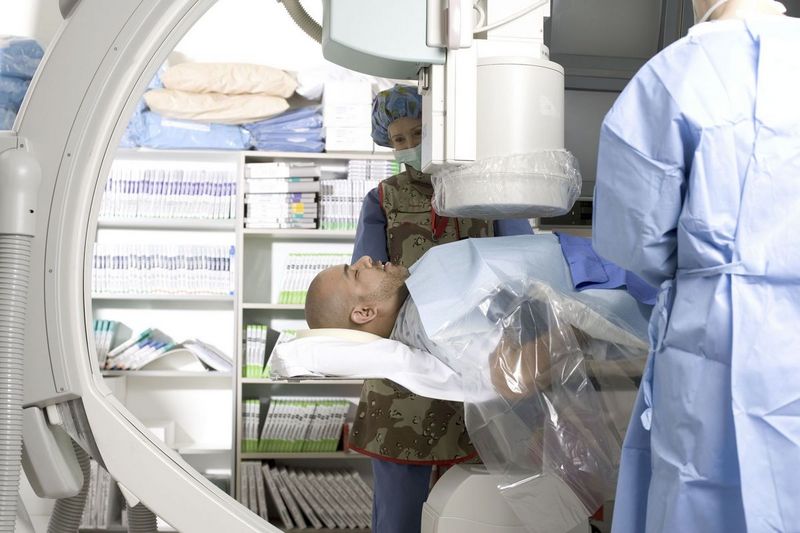
TUESDAY, June 1 (HealthDay News) — Despite prior research identifying both genetic risks for breast cancer as well as risks associated with lifestyle and environmental factors, a new British study reveals that the two types of risk pools appear to operate independently of one another.
The finding is based on analysis that looked for any evidence of an interaction between a dozen genetic mutations — all associated with a small increase in breast cancer risk — and 10 established environmental risk factors, which are factors linked to behavior or lifestyle. The results are reported in the June 2 online edition of The Lancet.
“We looked at whether lifestyle factors for breast cancer, such as use of HRT [hormone replacement therapy], alcohol consumption and reproductive history, influence the genetic risks,” study author Dr. Ruth Travis, of the cancer epidemiology unit at the University of Oxford in the United Kingdom, said in a news release. “And the answer is that they do not.”
Travis and her colleagues focused on 7,610 women who had been diagnosed with breast cancer, as well as nearly 10,200 women who did not have the disease. All of the women provided blood samples for genetic testing, as well as detailed information concerning their lifestyles.
DNA analyses looked for 12 common genetic variables, while the authors sifted through the collected lifestyle information in search of a specific group of environmental risk factors: age at first menstruation; number of births; age of mother at first birth; breast-feeding patterns; menopausal status; age at menopause; use of hormone replacement therapy; body-mass index; height; and alcohol consumption history.
Genetic risks and environmental risks did not appear to interact. In particular, the research team noted that despite previous indications to the contrary, hormone replacement therapy did not appear to have any significant impact on genetic risk factors.
More information
For more on breast cancer risk, visit the American Cancer Society.

